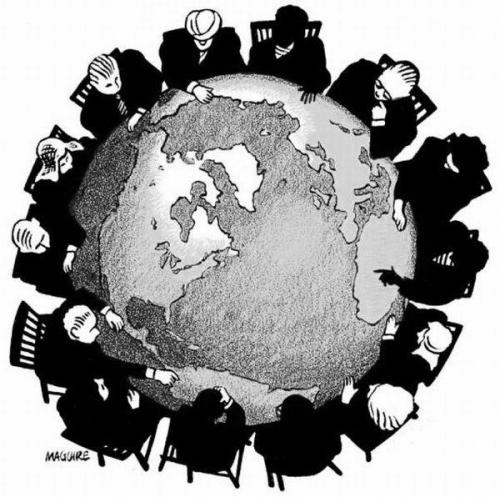CRP 370 NEW POLITICAL DEBATES IN PLANNING
2016/2017 ACADEMIC YEAR/SPRING SEMESTER
Meets: Wednesday 10.00-13.00
Instructor: Assist.Prof.Dr.Ezgi Orhan Nalbantoglu
Office hours: M 10.00-12.00, Tu 10.00-12.00, Th 14.00-16.00, or by appointment
Office: B 206
E-mail: ezgiorhan@cankaya.edu.tr
Phone: 2844500-390
In this class, the structure and workings of urban and local society and politics will be discussed. This course defines main processes of urban conditions at global level; describes contemporary problems with a critical and multi-dimensional perspective; discusses social movements and decision-makers, governing and participation, built environment and social life, urban transformation and mass housing, urbanization and environmental problems; analyses the institutional and spatial aspects of urban debates; focuses on worldwide and Turkish cases; and discusses the problems of cities and urban components by analysing different cases. A variety of issues that are a consequence of local political processes are examined, including the distribution of power and influence, the representation of citizen and group preferences, the conflict between the public interest and private rights, and the distribution of public and private resources. Throughout the course, in considering a variety of issues, we will ask:
What problems do contemporary urban regions face, what role does politics play in those
problems, and how can those problems be solved?
Aim
This course aims to examine urban policies for contemporary issues; discuss main problems in Turkish urban planning; analyse recent urban problems and effects of socio-economic, socio-spatial, cultural, political and environmental problems on urban areas.
At the end of this course students should be able to
- problematize the concrete urban issues around built environment from both policy and politics point of view
- apply their previous knowledge on different urban issues
- evaluate the current urban problems by using the frameworks developed by urban political theories
Performance Evaluation
Students will be evaluated in accordance with;
Attendance & Class participation 5%
Reaction paper 60%
Presentation 10%
Final 25%
Participation: Discussion among students in the class is at the heart of this course. You are expected to participate actively in these debates (not only attendance, also the quality of your contribution). Attendance in every class of the term is mandatory. Some classes will include reaction papers affecting the transcript grade. If you are habitually late, the participation portion of your course grade will be marked down substantially.
Reaction paper: You are required to write brief (not more than one-page) reaction papers on the readings each week of Part-I, and discuss them at each class. Reaction papers will be graded, and they count towards your transcript grade. Warning: There are no make-ups for missed papers.
Presentation and Final: This course uses science, data, and evidence-based cases to study urban policy. The final submission of students will cover the policy analyses of a case study. Next to an active participation in the discussions, the grade is given on a written and visual documentation of the work conducted during the course. This can have the form of an essay or research report related to the specific topic, which has been investigated. The main debate deals with the development of the western corridor in Ankara city.
